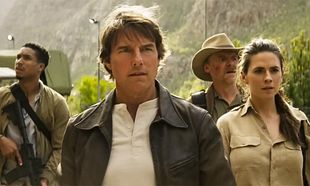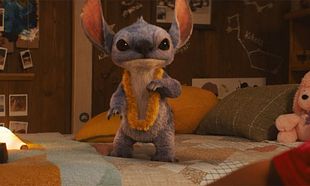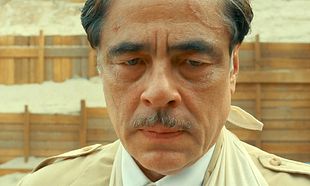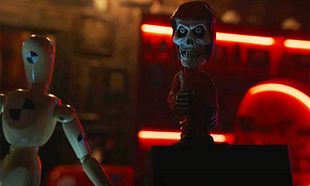This is going to divide audiences. A hyper-stylised Bangkok-based thriller, Only God Forgives echoes with Lynchian and Kubrickian influences. What will rankle, though, is that it's very aware that it's a movie, like Coppola's Rumblefish, that uses a slow, deliberate telling of a story that can veer towards incoherence at times.
If Gosling said little in Winding Refn's Drive, he was a motormouth compared to Julian, an American who uses his Bangkok boxing club as a front for the drug smuggling business he runs with his unhinged older brother Billy (Burke). When Billy is brutally killed, their mother, Jenna (Scott Thomas, reinventing herself as a malicious matriarch) arrives in the Thai capital to bring the body home and is aghast that Julian has not sought revenge on those responsible. Urged to kill those who facilitated Billy's planned demise - namely ex-cop Chang (Pansringarm), the angel of vengeance - the reluctant Julian unleashes a world of hurt.
What a sticky and disturbing world Winding Refn (Brosnan, Valhalla Rising) dips us into. This Bangkok is awash with scum - assassins, pimps, corrupt police, pederasts; the dregs of society. When it's revealed to Scott Thomas that her son was murdered because he raped and killed a sixteen-year-old girl, she doesn't blink: "He probably had his reasons." There are no heroes here; Gosling might wear a white t-shirt but he's no Gary Cooper in this neon western.
Winding Refn gambles on such an overpowering style that if this was his debut, the director would be accused of trying too hard. The walls, tight at the outset but encroaching even further as the story progresses, are bathed in blood red. Eyes peer out from shadows. The night club themes are bizarre. Pansringarm's creepy Chang moves like he's operated by remote. Watching Only God Forgives, it's difficult to discern that which is a dream and that which is not. With all of that quite heavy on the eyes, there's an emphasis on sound to deal with too. Bangkok is noticeably eerily quiet, its streets are deathly still; during a chase, the director drowns out the street noises in favour of the footsteps. Then there's the sporadic moments of violence (but not as violent as it's made out to be). This is all designed to unsettle, and it does.
Come for the Gosling, stay for the style, leave because of the karaoke.



















































































